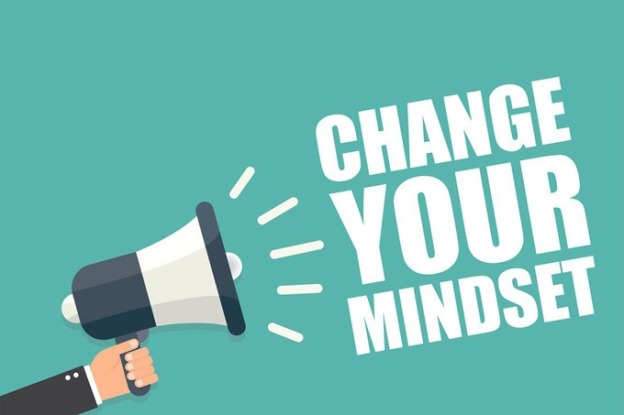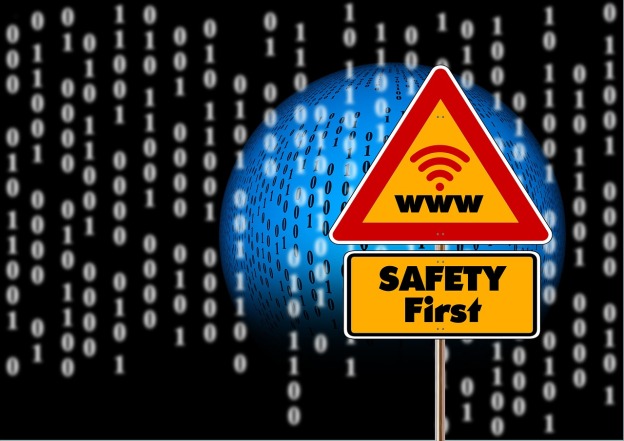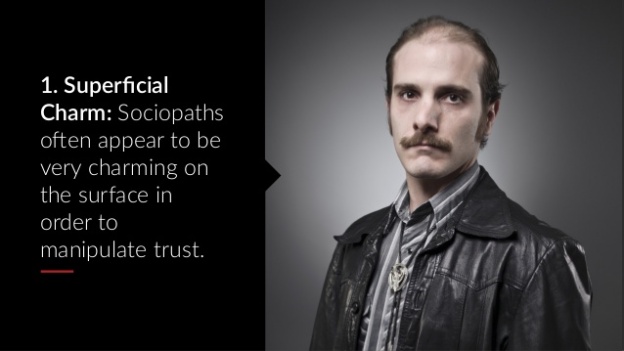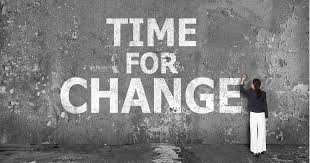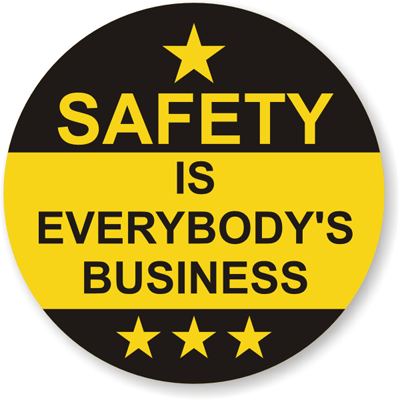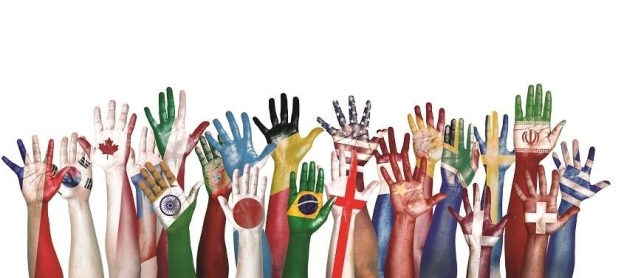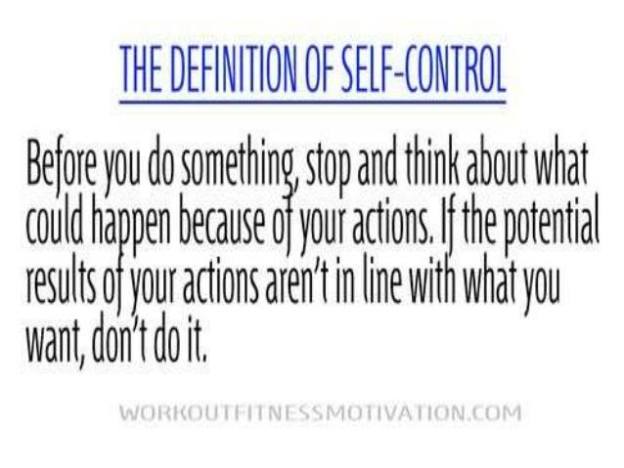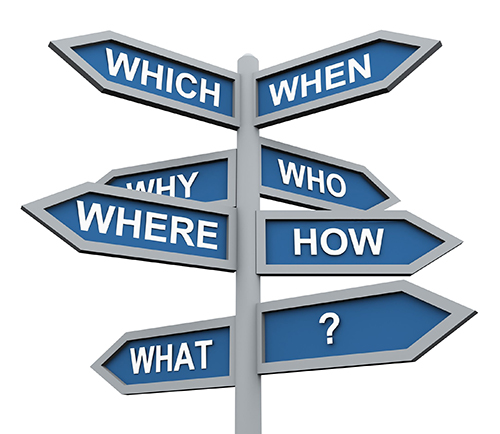There are many things that affect how an individual behaves, thinks and sees the world around them. It could be how they were raised, when they were raised (time period/generation), where they were raised and who raised them.
In today’s topic, I’d like to discuss all of these but mostly the “Where” of it. The “Where” includes all the others in one way or another. The “Where” is the Culture we’re brought up in and how our culture shapes our world views and behaviors.
But how does our culture affect our behavior and mindset? Which factors are the causes of humans often being so radically different in their views and thoughts and behaviors despite there being some fundamental similarities between us? How does culture sometimes override our fundamental instincts, intuition and even our capacity for empathy and other emotions just based on our cultural/social programming?
The thing is, it isn’t just one thing that creates these differences, cultural differences are a culmination of of many things acting together in shaping our minds since birth.
Cultural differences are actually a product of;
⦁ Local religion.
⦁ Laws.
⦁ Beliefs.
⦁ Environment.
⦁ Resources.
⦁ Advancement (Technological and Sociological).
⦁ Types of Government.
⦁ Economy.
⦁ Mindset regarding individuality vs normality/likeness.
⦁ Education (via Schooling and Parenting).
⦁ Amount of freedom allotted to the public.
⦁ Population.
⦁ Public Health and Hygiene.
⦁ Infrastructure (for example, an area with more slums have less hygienic lifestyle than someone living in a neat and clean suburb, which relates to the above point).
Let’s break them all down one at a time and go into more details.
Local religion – Religion is actually one of the most heavy influencers of an individual’s behavior. It dictates a set of morals and principles that people often follow strictly. Now while many of these ‘rules’ are the same everywhere, some cultures follow them more to the letter than others. For example, religions who don’t allow certain kinds of food items like beef or pork, this rule is followed more strictly in countries like the one I live in than in western countries. Religion influences our behavior more directly than any other aspect.
Local Laws – This is another aspect that, just like religion, influences not only our behavior, but also our morals and principles. Local Laws aren’t always the same everywhere. Different countries have different laws and even in those countries, the laws differ from state to state and even city to city. So those states and cities will have restrictions and actions that are considered illegal which aren’t in other states or cities. Examples can be the marijuana bans or laws about marriage and divorce or child protection or laws on CC (concealed carry) or firearms. All of those will be completely different depending on which country and continent you’re on. These different laws make us alter our behaviors and our thought processes in order to be able to assimilate into that particular culture, this can even be applied domestically, not just internationally. As a result, someone from a city, state, country or continent where laws are lenient would find a place where laws are strict and bans are heavy, to be too constricting and limiting. But if someone from a country with strict laws find themselves in a location with lenient laws and merciful punishment, will feel more free and be more open to trying things they otherwise wouldn’t because they weren’t allowed to do so.
Beliefs – Our beliefs are not something that is separate from any other factor on this list. They are in fact shaped by the other factors like religion, laws, environment and even mindset developed during an individual’s upbringing. Since other factors differ (quite a lot) in different regions, beliefs are often the most dissimilar factor among various cultures around the world. So much so that like the different laws, beliefs are even different in a country of the same culture.
Environment – When I say ‘Environment’, I mean the overall state of the environment in a particular country, i.e. hostile, peaceful, criminalistic, war torn, etc. etc. We are often a product of our environments. Our environment forms our societal structure, from our laws to our governments to our economy to our education and infrastructure. A hostile environment breeds a hostile younger generation due to the need to survive in such an environment, a peaceful environment breeds more pacifists. An individual who comes from a hostile environment will always be suspicious of everyone in a friendly environment, contrasting that is someone from a totally peaceful and low crime environment, who will be too trusting even in hostile environments. Individuals who are trained or are professionals who deal with violence and come from either environments will have a sort of balance and will know when to trust and when not to, when to let their guards down and when to put them up. To put it in short, our environment has a huge impact on cultural differences.
Resources – Resources include money available for each family, housing quality, education quality, jobs and their quality, transportation quality, and overall standard of living in a particular city, state, country. Availability (or lack thereof) resources and their quality often determine the level of violence and crime in a certain area. Which determine how the peaceful or hostile an environment will be, which in turn will also influence and determine how the local laws will be organized. More, better resources distributed among the people fairly, will mean less crime and better environmental conditions, less resources and lack of quality, will mean greater chances of criminal activity, which will worsen the overall environmental conditions. Since different countries have different level of quality resources and environments, they often are a determining factor how varied the cultural differences might be between any two given contrasting cultures.
Advancement (Technology and Social) – This factor is a little trickier to explain since technology is virtually everywhere. But the keyword here is “virtually”. As in it appears to be everywhere, but it isn’t. This is more applicable to rural areas, especially here, where even a fundamental thing that we all often take for granted like electricity is not so common or frequent. Let along technology like laptops or iphones or internet. This influences the local area more than a whole country or city itself. Those with less technological advancement are often disconnected from the world outside their own areas. This creates a culture that is more introverted as a whole than mixed. Their beliefs and religion is often not diverse, their laws are mostly based on the older beliefs of their ancestors or even based in their own religious beliefs. Those with an abundance of technology are more educated, but not necessarily well-informed due to the immense mis/disinformation in the digital world. Hence the saying “don’t believe everything you read/see on the internet”. There are however good informational sources on the net that do provide legitimate information which creates more well-informed individuals in that city/state/country. The lack of exposure to that legitimate information is what keeps those without technological advancement underdeveloped and uninformed, misinformed and/or disinformed. This creates a huge gap in mindset, beliefs (that have not evolved with the social advancement or lack thereof) and as a result also the local environment.
Types of government (and political ideologies) – Now, I often avoid talking about politics, but this subject requires me to include this point here as politics is one of the most significant and the most huge factor in cultural differences. For example, a country with capitalist ideology will have a different mindset (a more opportunistic one) of how to do business than a communist or a socialist one. Although now, almost everywhere in the world, you do see obvious capitalism due to it’s potential to yield more profits to those who are willing to go to higher lengths and take more risks. Doesn’t mean you don’t see some hints of other types of political ideologies as well, it’s just most are mixed and not a complete form of itself. This is also true for the types of government itself. A monarchy will have a different mindset than a democracy and a dictatorship. I’d prefer not to go into much detail here so as to not offend anyone, but, to basically put it in short, a democratic country will have a much higher sense of freedom and rights than a dictatorship (which is either a strict martial law type environment where strict laws and restrictions are put in place by one individual) or even a monarchy (which is where a family of royalty rule over all and only a member of the family can take the throne), another example is a republic (which will have a much greater sense of equality among people than other types). These differences in types of governments and types of political ideologies are what shapes the economy, the technological advancement of said country, the local belief system, education system, laws, religions, as a result people’s mindset, infrastructure, level of freedom of speech and actions, population, health and hygiene,economical growth or downfall and basically the overall environment of the whole country. This makes politics one of the most influential factors of existing cultural differences in our society as a whole.
Economy – Economy is what drives the global markets. Without a stable economy, everything would fall apart. No more jobs (or free labor), no more schools (or poor quality schooling), no more food (or extreme scarcity due to inflation) or clothing or shelter, which are the fundamental needs of every individual. A poor economy drives individuals toward crime and the environment becomes hostile overtime and changes the mindset of the individuals in that environment. Economy is one of the main factors that causes cultural differences due to not every economy in the world being a strong economy or even a stable one. Innovation economy is relatively new theory which is actually something that might help economic growth as it emphasizes entrepreneurship and innovation and might help close the gap in cultural difference in some way. But it will require other factors to not hinder its process, which is needless to say, virtually impossible. I’m not an “expert” economist, this is just my view, but economy is nonetheless a factor in global cultural differences.
Mindset (Individuality/Normality/Likeness) – Mindset is a product of all the above factors. A culmination of how a child is brought up, what types of teaching has the child received, what kind of actualities have they been exposed to and what type of political ideologies and religious ideas and environments have they experienced. All those play a part in forming ones mindset. This also includes any training they receive, any conditioning they’ve gone through, including the ones from the internet, t.v. music, etc. Every one of those play a part in forming ones mindset. If brought up in a more conservative environment, an individual will be more closed off to things that have been labeled as ‘bad’ while they were growing up. If brought up in an open environment, an individual might be more open to taking risks. If brought up in a more violent environment, an individual might see violence as the best and only answer. If brought up in a loving and peaceful environment, an individual might only see the good in everyone. If someone is brought up in an extremely religious environment, an individual might see everyone who doesn’t follow what they do, as a bad person and an enemy. An individual who’s brought up in an atheist environment might see people’s actions more than who they believe in. Some are brought up in a fairly neutral environment, with religious values that practice peace and love but not extremism, might see people the same way. Some are a combination of two or more. When these individuals come across each other and cross over into foreign territory. Some of the inconsistencies in their thinking might conflict with each other. If the two or more individuals involved don’t respond with emotion, but with logic and reason, situation settles without ever escalating. This would be a product of a healthy upbringing and a peaceful environment. If it is treated aggressively, especially forcing someone to follow what they follow with violence, it would be a product of an unhealthy and violent upbringing in a hostile environment with poor quality of educational and informational value. This is not just applicable to different countries and their individual cultures internationally, but also to same countries with different sub-cultures within them. Some cultures promote individuality and creativity and some promote normality or likeness and “fitting in” or being more “traditional”, leaving an individual less creative and unimaginative.
Education (From schools and parents) – Education is something plays a part in developing a child’s mindset from a very early age, since the day they can talk and understand speech. There’s a difference between being educated and being informed though. Many cultures focus more on being educated than on being informed. Which shapes a mind within the confines of the dictated limits of knowledge acquisition. If children aren’t challenged intellectually and creatively, their intellectual and creative growth is stunted, as a result they’re less likely to question things or be curious about new things. Innovation is not possible without creativity. This is why we see the difference in creativity in individuals from different cultures. Those countries that do provide more freedom to be creative and explore new things have more people who create new things than people from countries that force children to be within the boundaries of the dictated educational limits. There’s a much deeper issue that above, as far as education and information provided to children today, but the above is just an example to illustrate the possible reasons for global cultural differences when it comes to education and information.
Amount of freedom allotted to the public – This is pretty self-explanatory and relates to the points above namely – education/information, mindset, resources, religious and economical freedom. The less restrictions are imposed on individuals the more options are available. This can also backfire in a way that certain times, people become too entitled and stop valuing the freedom and rights they’ve been afforded or get greedy and get aggressive if they don’t get more of it. Not to mention at the first sign of any restriction, social chaos might ensue. Not all countries allow total freedom, as that would be absolutely chaotic, but many countries offer more freedom of speech and actions than some others. So when individuals who go from a high freedom country to a lower one, they often feel too restrictive and constricted due the lack of freedom to do things they could in their native country. This factor is probably the most noticeable to people as it affects one on a more personal level than the others.
Population – Population affects different cultures in an economical sense more than others, especially because there are more people than there are resources to consume, like jobs available and wealth distributed. Logically and even statistically, crime rates also tend to be higher in highly populated areas (which is quite obvious as to why that is). Which again leads to a poor or fairly poor environmental quality. Higher birthrate also means more kids that need to be properly educated, and will need to maintain proper health and hygiene, but with poor economical conditions, that might not be always possible, which contributes to bad hygienic practices and as a result the quality of environments deteriorate even further. This factor is also something that would be noticeable for an individual, especially those who move from small towns to cities or from moderate, yet developed population countries to high yet underdeveloped population ones.
Public Health and Hygiene – This point ties into the above one as already mentioned. Countries with affordable medical costs or high medical development or availability of necessary resources, often are a good provider of healthcare and those who provide personal hygiene products of good quality and affordable prices have often a good hygienic environment. But here’s the thing about that, it doesn’t always come down to affordable or developed. This particular factor comes down to the individuals themselves. The better an individual has been informed on such things and brought up in an environment where having good hygiene practices and eating healthy and exercising and avoiding any harmful or unhealthy food items is promoted and praised, the individual will grow up to be someone who practices good basic hygiene with good eating and lifestyle habits. So this factor depends on information/education, environment, mindset and on a certain level, resources.
Infrastructure – This is basically the quality of housing, office buildings and working conditions in them, school buildings, smoother roads (that minimize traffic and less accidents along with filled up potholes), efficient transportation, proper drainage system (during heavy rains), proper sewage treatment systems (and not those that leak out with heavy rains), better quality food production factories, better phone lines (for a better network), efficient power plants. A strong economy provides all of these, while an underdeveloped one lacks them. This is also a noticeable factor for those who move from a strong economical country to an underdeveloped one and vice versa.
There are also other sub-effects of the main factors that cause cultural differences such as, Sexual Identities, Gender Identities, Age Identity. For example;
- Gender Identity is developed as a part of an individual’s environment, beliefs and religion.
- Age Identity is most likely a product of Beliefs and Mindset, which is influenced by beliefs in part, and in some cultures, even due to religion.
- Sexual Identity can be a sub-effect of Religion, (Personal)Beliefs influenced by Religion or Environment and Freedom (of speech/actions/sexuality) Allotted in their country.
So those are the factors that I’ve noticed which influence overall cultural differences in our society as a whole. Some of these differences can be overcome and some of them are actually in the process of being eradicated in the coming years. Many countries are now being influenced by other cultures due to more international exposure via social media and t.v and music, which in turn, is slowly eradicating some differences like technology and mindset and even education in some parts, such as in metro cities (like Mumbai for example). It’s a slow progress, but if it continues and spreads to other parts of the country, it might have an impact on other cultural factors such as economy, freedom and information/education, etc. as well, i.e. if they aren’t hindered by some other existing factors that hold back progress. But that’s something that only time will tell I suppose.
I’ll add this final food for thought, even though we have some differences in how we approach certain things, how we live, how our cultures form, on a fundamental level, humans are more similar to each other than we’d like to admit sometimes.
We are the same species, adjusting to different environments.
Well, that’s it. If I missed something, feel free to comment about it below. It’d be interesting to know your perspective. But no political b.s stuff that incites flame-wars please.
Alright, Thanks for reading.
